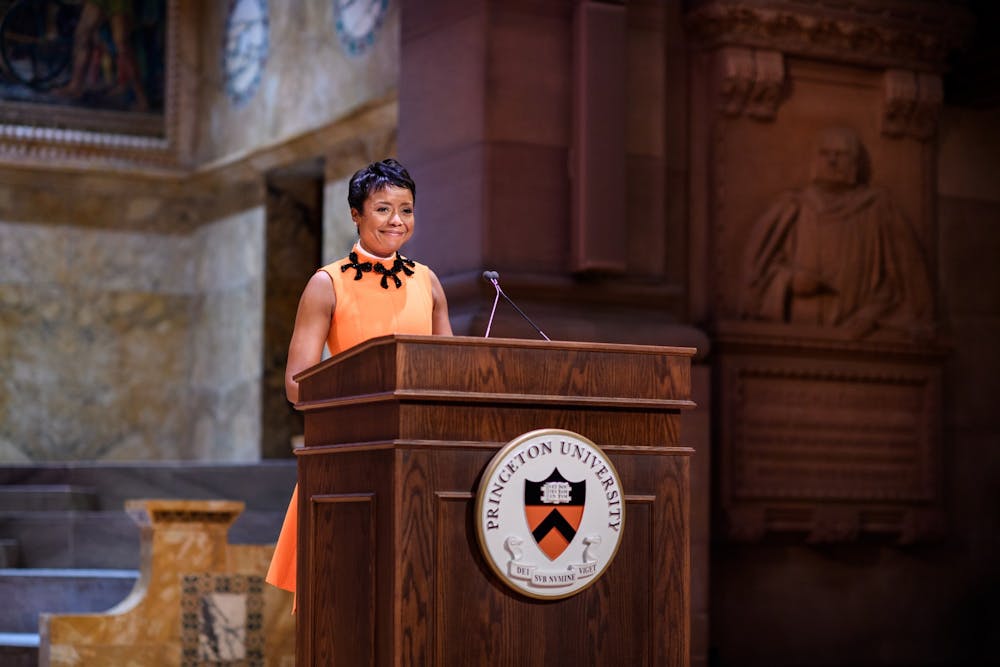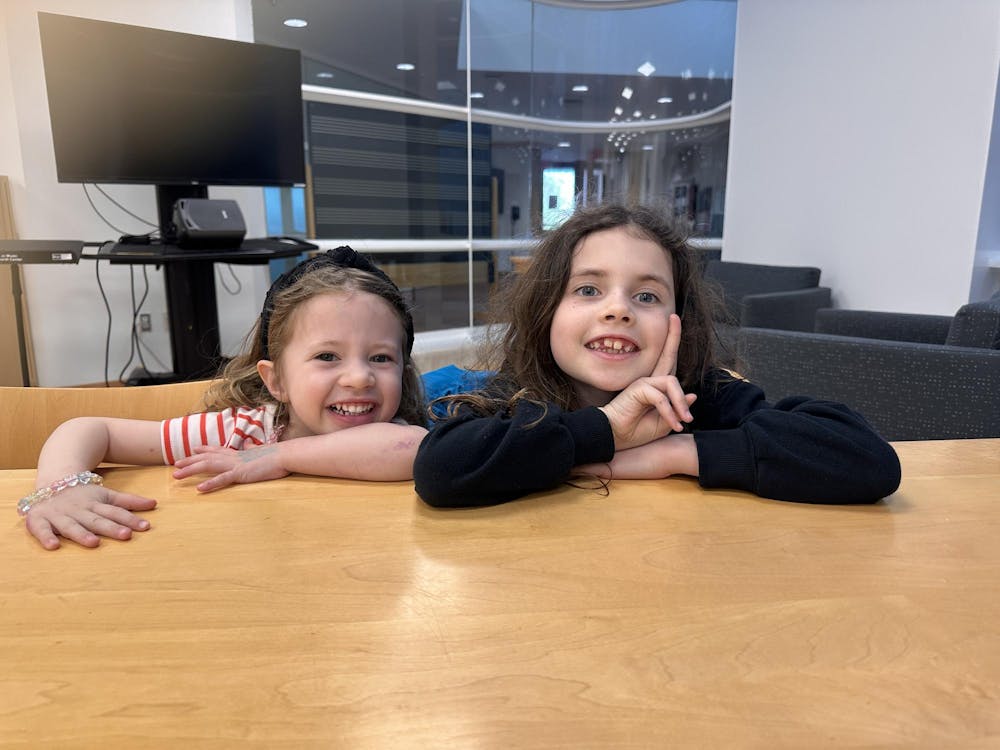Mellody Hobson ’91 made headlines and history on Oct. 8: thanks to her donation, the University’s newest residential college will be the first on Princeton’s campus to be named for a Black alumna. Hobson is helping the University take the first step in re-framing Princeton’s narrative, and her actions should set the precedent for how alumni engage with the University after they graduate.
The University only began accepting women regularly 51 years ago. The first class of women graduated in 1973. Since that first coeducational class, countless women have made an impact – yet, coeducation’s incredibly belated start means that alumnae have a lot of catching up to do.
As a CEO of the country’s first minority-owned asset management firm, Hobson is already an inspiration for girls everywhere, especially those not traditionally represented in the boardroom. She is a first-generation student from Chicago, something that has influenced her drive and her desire to give back. She and her husband have signed the Giving Pledge and donated millions of dollars to Chicago Laboratories. Her commitment to work and charity inspires me, because she stands as an incredible example of a woman who has truly earned her success and genuinely wants to give back.
The future residential college will be built where First College (formally known as Wilson College) currently stands. The University has taken steps this past year to re-frame the campus narrative by removing the Woodrow Wilson name from the School of Public and International Affairs. Hobson’s gift furthers this historical reckoning. As Dean of the College Jill Dolan remarked, students will say, “meet you at Hobson,” knowing that the college bears the name of a Black woman, the first in her family to attend college. Hobson College will serve as a reminder that no matter where we start, we can change the ending.
Hobson herself observed, “When I was approached last year about this opportunity, I was most compelled by the symbolism of a Black woman replacing the name of someone who would not have supported my admission three decades ago, and what that would represent for future generations.”
The establishment of Hobson College pushes the University to reframe its past by enabling a conversation about who has been included and when. It also serves as an example to students — how they can use their education to make a difference. Hobson College is a step towards a campus that better represents the student body.
Hobson’s donation, and its celebration by the student body, should also push alumni to give back to their alma mater in ways that challenge and change the narrative. Hobson College serves as a reminder that alumni should continue their campus advocacy after graduating. Many Princetonians leverage the privilege of their diploma to achieve the highest levels of success — as a result, many are in the position to make the tangible changes on campus that they could not effect as undergraduates.
Alumni, your voice in reframing Princeton’s narrative matters. Hobson’s donation, as well as other recent gifts, such as the historic donation from Kwanza Jones ’93 and José Feliciano ’94, are instrumental in reshaping the University’s identity. Not only can you help the University, but news like this shows students that they can still make a difference after graduating.
The University can never erase its past, but we must do our best to change our school’s future. Doing so will take the entire community, no matter our age.
Maisie McPherson is a sophomore from Dana Point, Calif. She can be reached at maisiem@princeton.edu.









